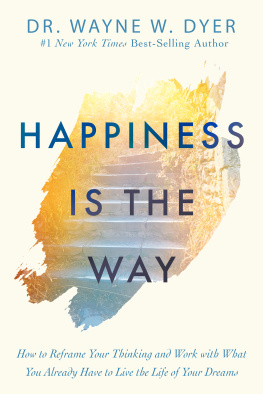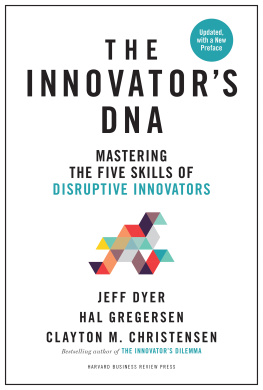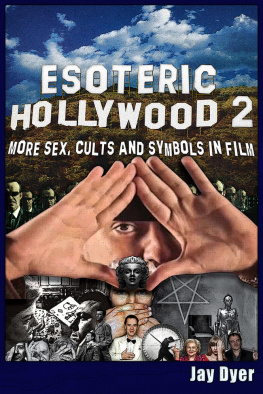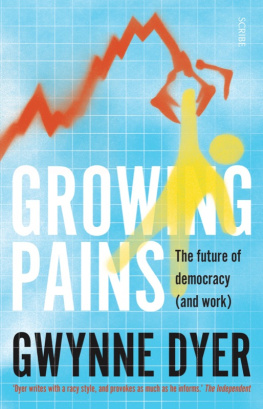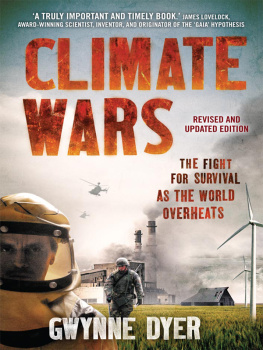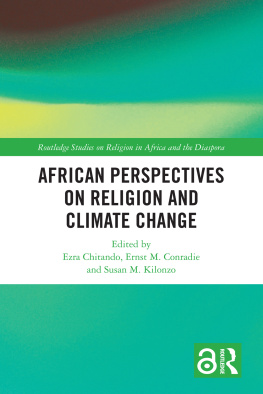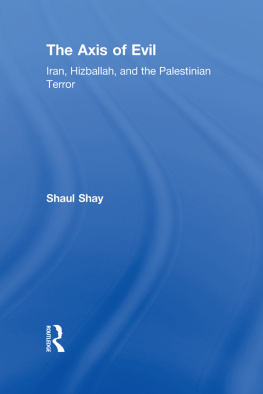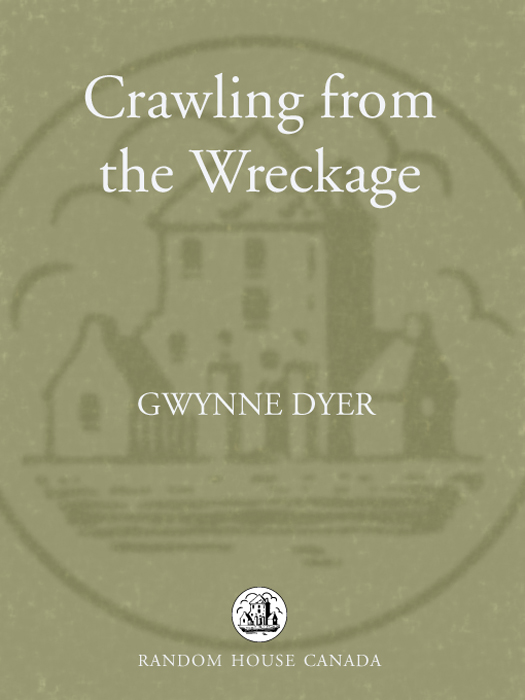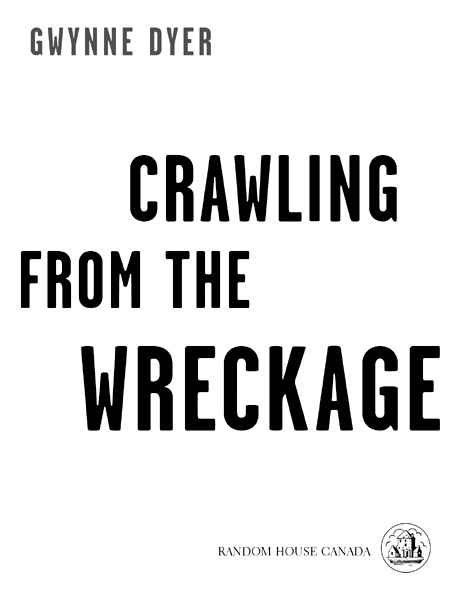Copyright 2010 Gwynne Dyer
All rights reserved under International and Pan-American Copyright Conventions. No part of this book may be reproduced in any form or by any electronic or mechanical means, including information storage and retrieval systems, without permission in writing from the publisher, except by a reviewer, who may quote brief passages in a review. Published in 2010 by Random House Canada, a division of Random House of Canada Limited, Toronto. Distributed in Canada by Random House of Canada Limited.
www.randomhouse.ca
Random House Canada and colophon are registered trademarks.
Library and Archives Canada Cataloguing in Publication
Dyer, Gwynne
Crawling from the wreckage / Gwynne Dyer.
eISBN: 978-0-307-35893-6
1. History, Modern21st centuryMiscellanea. 2. World politics20052015Miscellanea. I. Title.
D 862. D 93 2010 909.83 C 2010-901386-7
v3.1
CONTENTS
INTRODUCTION
If I could be a fictional character, I think I would choose to be Hari Seldon, the psychohistorian in Isaac Asimovs Foundation series who devised a scientific method to predict the future of human civilization, and to steer it onto better courses. Since that does not appear to be an available option, I make do with being a newspaper columnist, and plod on with my highly unscientific analyses of where our collective actions are leading us. It keeps me busy and it feeds my family, so I shouldnt complain.
I did spend a lot of time complaining during the past decade, however, because it seemed to me that just about everything was going wrong. Stupid wars, obsessions about terrorism, denial about climate change, rapacious turbo-capitalism and lies, lies, lies: from 2001 to 2005, it just got worse and worse. When I published a collection of my columns from that time, I called it With Every Mistake [We Must Surely Be Learning]. The lawyers made us drop the latter part of the quote for fear of infringing on George Harrisons copyright, but the truth is that I didnt really think we were learning at all. Just making more and more mistakes, and putting the future more and more at risk. It was a bad time.
So, here we are in 2010, and I must admit that I feel a lot better. The world is not a perfect place, nor even a safe and happy one, but that sense of sliding out of control towards ten different kinds of disaster has gone. This book is called Crawling from the Wreckage, not The Broad and Sunlit Uplands, because we still have a long way to go, but I think Hari Seldon would agree that the prospects have improved considerably. We must be doing something right. What is it?
That is the theme of this book, to the extent that a collection of columns can really be said to have a theme. I have ransacked the five hundred or so articles I wrote during the past five years for clues to how and why we turned the corner, just as in the previous book I looked for the reasons why things had gotten so bad. This time it has been a much more pleasant task.
So you will find that inquisitive strand running through this book, but dont expect miracles. Causation in history is the slipperiest of commodities, and identifying the causes of good outcomes is much harder than determining the causes of disasters.
Most disasters are clearly delineated events that are finite in time and space, and the proximate causes are generally choices made by a relatively small number of decision makers. You can actually put names to the people, policies and organizations that were responsible for the incompetent response to the inundation of New Orleans in 2005 or the financial meltdown of 2008. Whereas positive outcomes are more diffuse and less dramatic, and we in the media rarely launch a hunt for those who were responsible.
Suppose all of our current worries go away: climate change is contained before it causes really big catastrophes; China and India take their places as the worlds biggest and third-biggest powers without violent resistance from the other powers being demoted (like the United States), and they behave responsibly in their new roles; Iran doesnt build a bomb; the Israelis and Palestinians make a peace deal that sticks; and post-occupation Iraq lives happily ever after. It could all happen, although the odds are long against it. Still, some of it probably will happen: not everything that we worry about in todays world will actually come to pass in tomorrows. As they say in the financial world, goldbugs (pessimistic investors who flee to gold for safety) have successfully predicted eleven of the last three recessions. So the present moment, which seems rife with possibilities for good and evil, may not actually be the hinge of fate on which all of the future hangs. In which case, what we do now shouldnt matter muchor does it?
Good outcomes get less attention than bad ones and their parentage is harder to discern, but they do have causes. Somebody, or some large number of people, made the right decisions and not the wrong ones, which is why we are here and not in a much worse place. But on the positive side of the ledger it is hard to pin down who and when and where, and, to make things more difficult, we do not know what will happen in the near future.
If I were writing this introduction exactly a century ago, for a hypothetical collection of my columns written from 1905 to 1910, I would be completely ignorant of the fact that the worst war in history was going to break out in 1914. I would not look for the remote causes of that war in the events of my own time because I would not know where the tide of those events was taking us.
I am therefore engaged in an essentially futile pursuit, because what I try to do in these columns is draw connections between a present that I only half understand and a future that I do not know. But I was trained as an historian, and I still think like one. I believe that actions have consequences, and I cannot help trying to trace the threads of causation that reach out from current events into the future. I go on doing it even though I know how capricious history can be. Welcome to my obsession.
NOWHERE TO GO BUT UP
History doesnt really have a plot, and even the patterns that we imagine we see depend mainly upon our own standpoint. The arc of the past five years would seem very different from a Chinese perspective than from a Western one, and different again from a Middle Eastern one. But from my Western perspective, our recent history is about a painfully slow recovery from a very bad time.
So, here are some articles about the United States, because that country still sets the tone. Ive been going to the U.S. fairly frequently for most of my life, but it never felt as alien as it did in 2004. They were even going to re-elect George Bush. How could they possibly have failed to notice?
I was starting to lose patienceand then my son Owen (aka Nameless) put me back on track.
October 21, 2004
ANOTHER ENDORSEMENT FOR BUSH
Russian President Vladimir Putin wants George W. Bush to be re-elected, Osama bin Laden undoubtedly wants him to be re-elected, and the head of Irans Supreme National Security Council has just endorsed him for re-election, so its hardly surprising that one of my sons has done the same. He must remain nameless, of course, but he has given me permission to quote his exact words on the subject of Mr. Bushs candidacy: He has sown the wind; let him reap the whirlwind.


